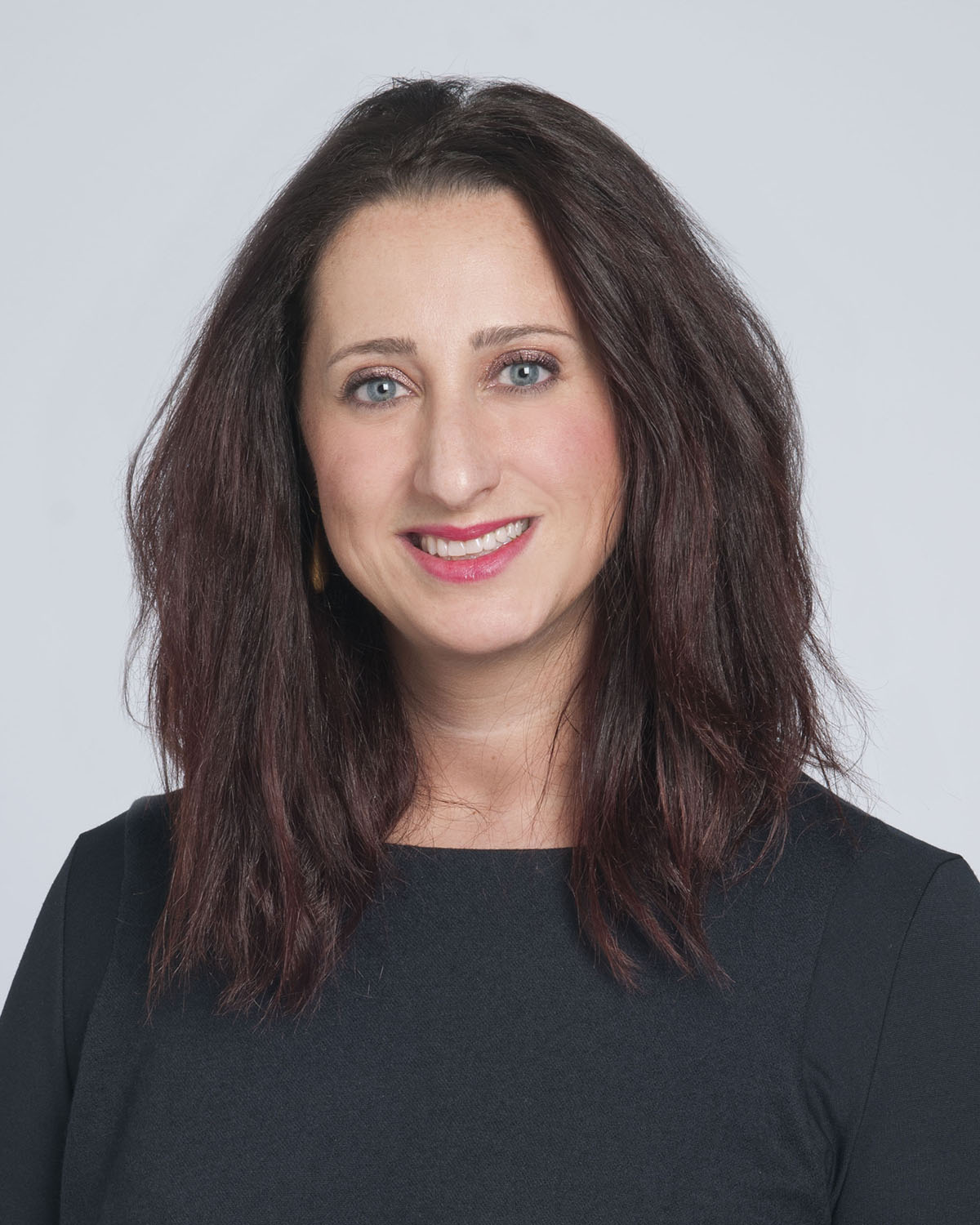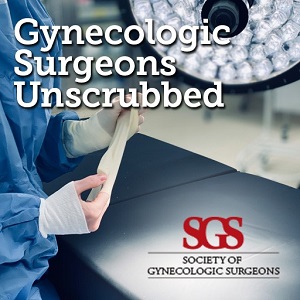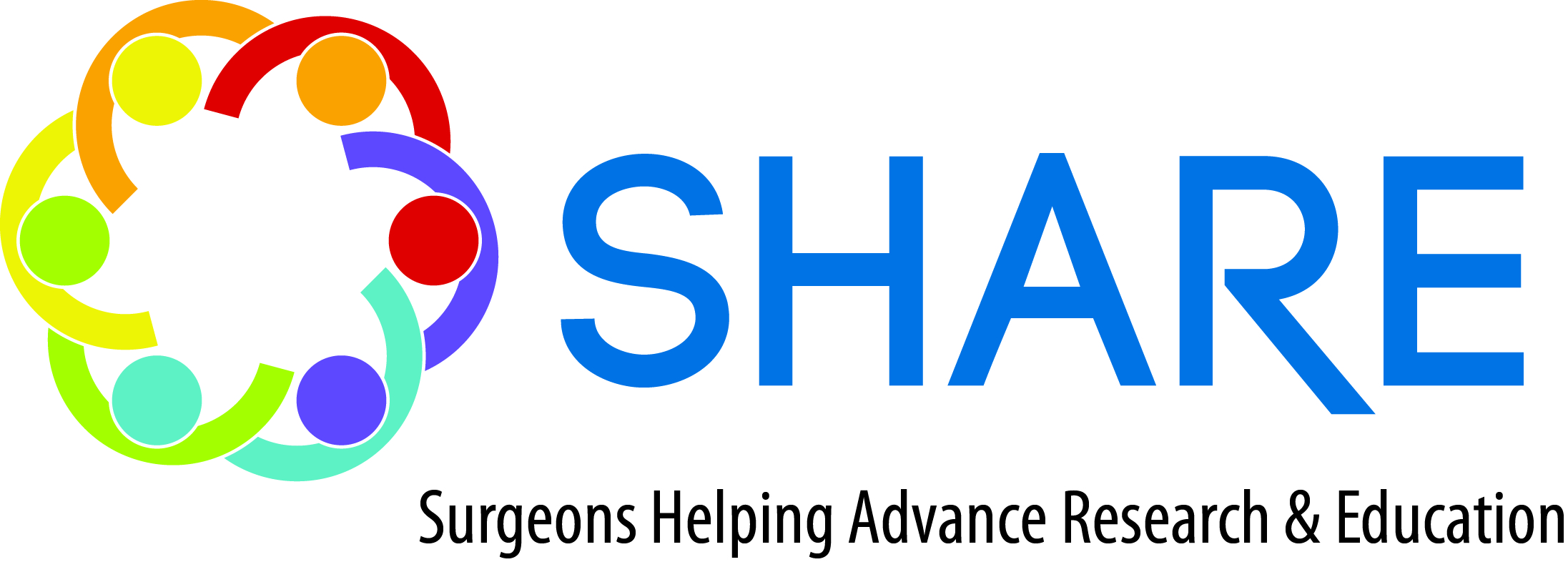- Home
- About
- Education
- Upcoming SGS Meetings
- Patient Resources
- Past Scientific Programs and Abstracts
- Past Social Media Committee Workshop Presentations
- 2023 Social Media Committee Workshop Presentation
- 2022 Social Media Committee Workshop Presentation
- 2021 Social Media Committee Workshop Presentation
- 2019 Social Media Committee Workshop Presentation
- 2018 Social Media Committee Workshop Presentations
- 2017 Social Media Committee Workshop Presentations
- 2016 Social Media Committee Workshop Presentations
- Simulation Advisory Service
- SGS Scalpel Sessions
- Video Library
- Webinars
- Research
- Membership
- Mentorship
- Donate
- Contact
- Events
|
Course 1: Innovations in Training Gynecologic Surgeons Course Director
 Cecile A. Ferrando, MD
Cleveland Clinic
Course Faculty: Cara Robinson King, MD; Vicki Reed, MD; George Wendel Gynecologic training has changed significantly over the last several decades. With the implementation of duty hours, expansion of sub-specialization, and requirement for trainees to spend over half of their training time practicing obstetrics, graduating gynecologists are becoming less able to perform advanced gynecologic surgery independently. Like any skill, surgery follows the “if you don’t use it, you lose it” maxim, and non-specialized gynecologists are performing surgery less and less. This post-graduate course will focus on ways that we, as gynecologic surgery educators, can overcome some of the obstacles in training that have been put in front of us. One of these innovations is how we design of our residency training programs. For the last 10 years, Cleveland Clinic has successfully run a “tracking” residency program that allows residents to spend extra time honing their skills in certain areas of interest that not only make them prepared for sub-specialty fellowships, but also prepared for a surgical generalist practice if they choose to pursue this career path. We would like to share with you how this program was conceived, the infrastructure needed to both launch and sustain the program, and the options that currently exist to innovate this type of programming. We unfortunately are now facing additional challenges with the changes related to abortion care and reproductive health legislature. This too affects how we surgically prepare our trainees and future gynecologists, and we would like to share with our attendees the strategies we are putting in place to mitigate these threats. We will also provide the American Board of Obstetrics and Gynecology perspective on these proposed challenges, and create time for attendees to ask questions to our expert representatives on this subject matter. Training and continuing education remains an important part of early career development for many post-graduates. However, many institutions do not provide the type of support new surgeons need to continue developing their skills over time. Surgical coaching is a concept that is becoming well established in other surgical fields, and it is evolving in gynecology as well. This course will provide examples of how coaching programs help surgeons innovate within their own practices, and we will also demonstrate ways that coaching can be incorporated into your respective programs. Last, we are practicing in a world where there is significant overlap between specialties and gynecologic surgery is no exception to this. Reconstructive gynecology includes cosmetic and gender affirming surgery, and it is currently an evolving field that has drawn a lot of interest. In this course, we will discuss how to incorporate this type of training into gynecologic programs, both at the training level and during early career. When it comes to surgical innovation, reconstructive surgery has no bounds, and there is definitely a seat at the table for gynecologists interested in incorporating these skills into their practices. Course Objectives: At the conclusion of this activity, the participant should be able to: |





